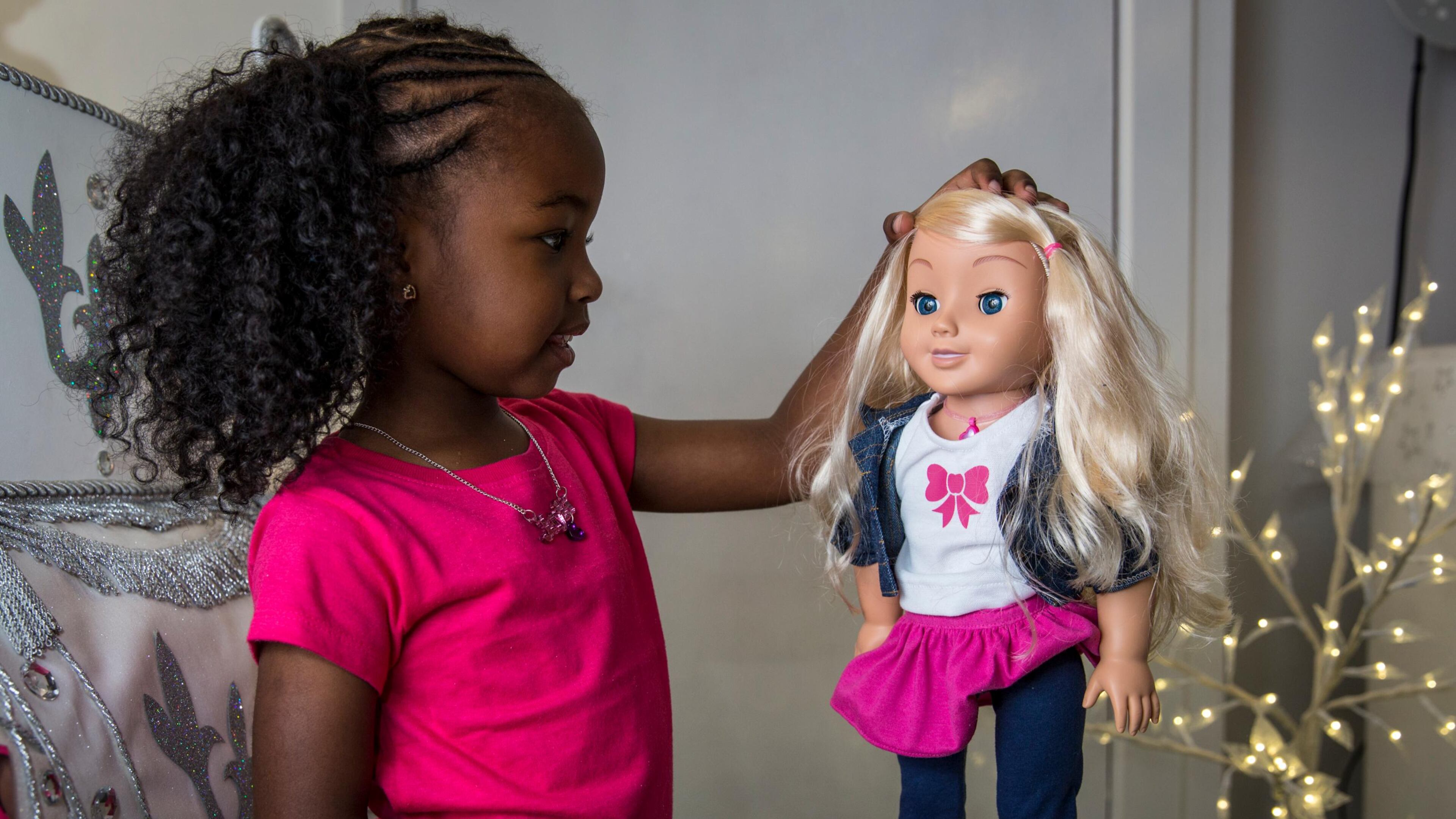Parents beware: warning over hacking threats for internet-connected toys this Christmas

While internet-connected toys are particularly appealing to a generation of tech-obsessed kids, security experts warn against the potential dangers of some of these flashy gadgets, such as the Bluetooth-enabled "My Friend Cayla" doll, which uses speech recognition technology to recognize a child's speech and hold a conversation.
In February, Germany's telecommunications watchdog, the Federal Network Agency, called the doll an "illegal espionage apparatus" and told parents to immediately destroy it.
The doll, which is manufactured by the U.S. company Genesis Toys, violated the country's regulation against wireless devices with hidden cameras or microphones. Hackers could easily access the doll via Bluetooth, listen in on conversations and even directly hold a conversation with the child playing with it, the Guardian reported.
In 2015, when Mattel rolled out its Wi-Fi enabled talking "Hello Barbie" doll, it was proven to be easily hackable. And in Norway, a consumer watchdog council said some smartwatches designed for children are vulnerable to hackers, according to Wired.com.
"These toys typically contain sensors, microphones, cameras, data storage components, and other multimedia capabilities—including speech recognition and GPS options," the FBI wrote in July. "These features could put the privacy and safety of children at risk."
While not every digitally connected toy is prone to be hacked, parents should heed warnings from security officials.
- Do your research online by reading reviews on sites that conduct cyber security research.
- Only connect toys to trusted and secured Wi-Fi networks.
- If possible, closely monitor your kid’s activity with the toys, including conversations and voice recordings.
- When not in use, turn the toy off, especially if the toy has a microphone or camera.
- Use strong and unique login passwords when creating user accounts.
- Provide minimal information for user accounts.

